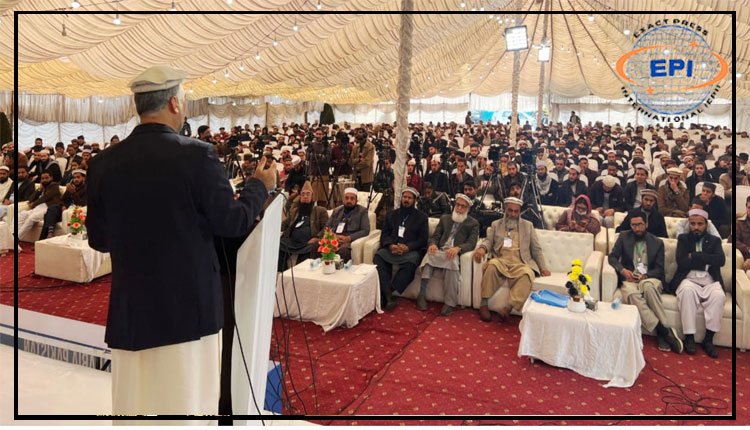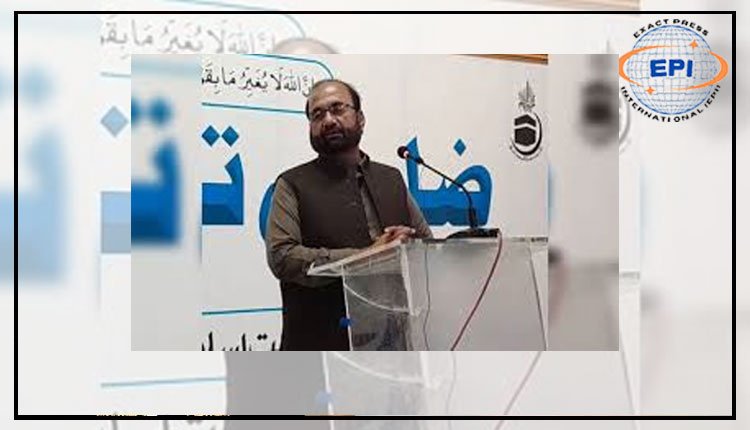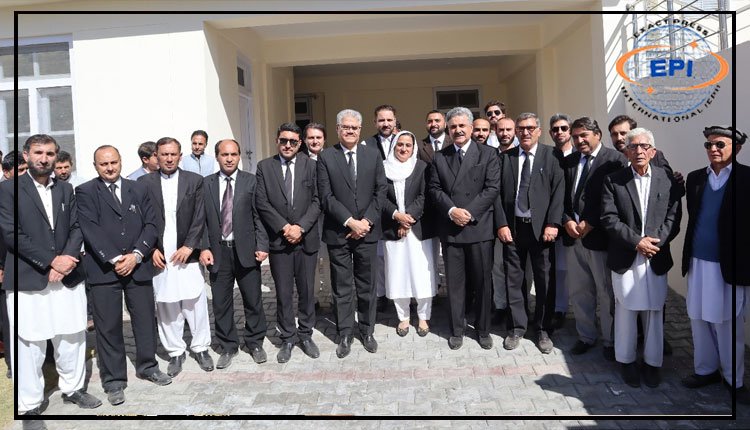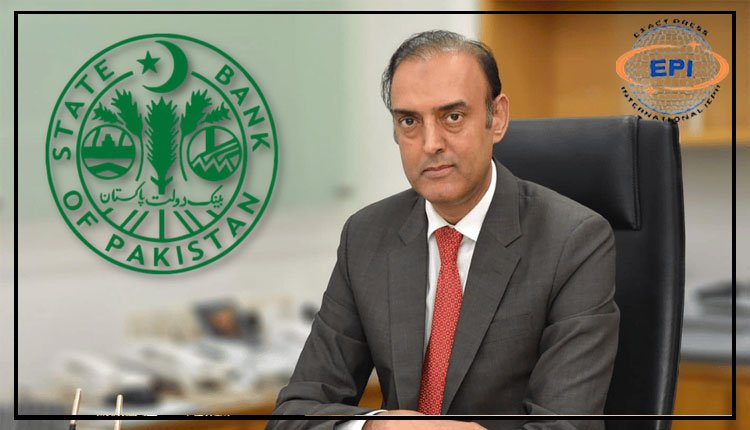CPEC Phase 2.0: Pakistan-China Partnership enters a New Era with High-Level Engagements in Beijing
ISLAMABAD, Dec 15 (EPI):The China-Pakistan Economic Corridor (CPEC), the flagship project of the Belt and Road Initiative, remains the cornerstone of economic cooperation between China and Pakistan. Contrary to rumors suggesting a slowdown, recent developments signal a renewed vigor and strategic focus on advancing the next phase of CPEC, dubbed CPEC Phase 2.0.
This pivotal phase aims to redefine the framework of bilateral relations through deeper collaboration, advanced technological transfer, and transformative socio-economic projects.
Federal Minister for Planning, Development, and Special Initiatives, Ahsan Iqbal, is spearheading Pakistan’s engagement in a series of high-profile events in China, including the High-Level Seminar on CPEC 2.0 in Beijing and the 3rd Forum on China-Indian Ocean Region Development Cooperation in Kunming.
His participation underscores Pakistan’s seriousness in revitalizing CPEC, addressing unresolved issues, and charting a robust roadmap for Phase 2.0, which envisions long-term prosperity for both nations.
CPEC Phase 2.0: Strengthening Pakistan-China Ties
At the heart of these engagements lies China’s unwavering commitment to transforming CPEC into a strategic partnership that fosters growth, development, and connectivity. Far from being sidelined, CPEC is evolving into a multi-dimensional framework with five key thematic corridors—Growth Corridor, Livelihood-Enhancing Corridor, Innovation Corridor, Green Corridor, and Opening-Up/Regional Connectivity Corridor. These initiatives, proposed by Chinese President Xi Jinping, align seamlessly with Pakistan’s 5Es framework of Economy, Exports, Environment, Energy, and Equity, conceptualized under Ahsan Iqbal’s visionary leadership.
China’s eagerness to propel CPEC into Phase 2.0 is evident from its invitation to a 27-member high-level Pakistani delegation to Beijing. This delegation comprises seasoned professionals and experts from diverse fields who will receive specialized training to build their capacity for collaborative projects with Chinese counterparts. This initiative reflects China’s commitment to transferring cutting-edge technologies, modernizing Pakistan’s infrastructure, and fostering a knowledge-based economy.
Strategic Focus on Mutual Benefits
During the preparatory orientation session in Islamabad, chaired by Ahsan Iqbal, the Minister stressed the importance of the delegation’s mission, describing it as a “once-in-a-lifetime opportunity” to learn from China’s transformative journey.
He highlighted how China has lifted over 800 million people out of poverty, achieving unparalleled economic progress. This remarkable transformation serves as an inspiring blueprint for Pakistan, which aims to replicate China’s success through sustainable development and poverty alleviation initiatives under CPEC Phase 2.0.
The delegation’s agenda includes key focus areas such as:
• Establishing an economic growth corridor with clear priorities.
• Advancing tech-driven industries and fostering innovation.
• Addressing poverty alleviation, education, and healthcare through targeted socio-economic projects.
• Accelerating energy transitions and promoting sustainable economic models.
• Expanding exports and building global supply chain linkages.
This multifaceted approach aims to position Pakistan as a regional manufacturing and trade hub, serving as an economic engine for South Asia.
Minister Ahsan Iqbal’s Role in Rebuilding Trust
Ahsan Iqbal’s visit to China and participation in these critical engagements are expected to rebuild mutual trust and reassure Chinese leadership of Pakistan’s commitment to CPEC. The Minister has a proven track record in successfully implementing Phase 1 projects, particularly in infrastructure, energy, and Gwadar development. He has also been instrumental in advocating for the establishment of Special Economic Zones (SEZs), paving the way for industrial relocation from China to Pakistan.
Chinese authorities have often acknowledged and praised Ahsan Iqbal’s significant role in steering CPEC projects. His presence in Beijing will send a strong message about Pakistan’s resolve to resolve outstanding issues from Phase 1, particularly regarding project security and operational challenges. A key highlight will be his assurance to Chinese counterparts about prioritizing the security of Chinese nationals working in Pakistan, a critical concern for the Chinese government.
Charting the Path for Future Success
The seminar in Beijing, co-organized by Pakistan’s Ministry of Planning and China’s National Development and Reform Commission (NDRC), will mark the official launch of CPEC Phase 2.0. This high-level event symbolizes the deep-rooted partnership between the two countries and their shared vision for a prosperous future.
With the emphasis on capacity building, this exercise aims to equip Pakistani experts with the skills and strategic vision needed to collaborate effectively with their Chinese counterparts. The delegation’s findings and recommendations will form the cornerstone of a comprehensive blueprint for CPEC Phase 2.0, ensuring its alignment with global sustainable development goals.
A Bright Future Ahead
CPEC Phase 2.0 represents a paradigm shift in Pakistan-China relations. With a focus on innovation, technology transfer, and sustainable development, this new phase promises to unlock Pakistan’s economic potential and position it as a regional leader.
The visit of Ahsan Iqbal and the active participation of Pakistani experts in these high-level engagements reflect Pakistan’s unwavering commitment to the success of CPEC. Despite efforts to jeopardise this golden partnership, the China-Pakistan brotherhood is only becoming stronger.
As the two nations strengthen their partnership through initiatives like these, the world will witness CPEC Phase 2.0 emerge as a model of international cooperation and economic integration, benefiting not only China and Pakistan but the entire region.
Ends-Exact Press International-











